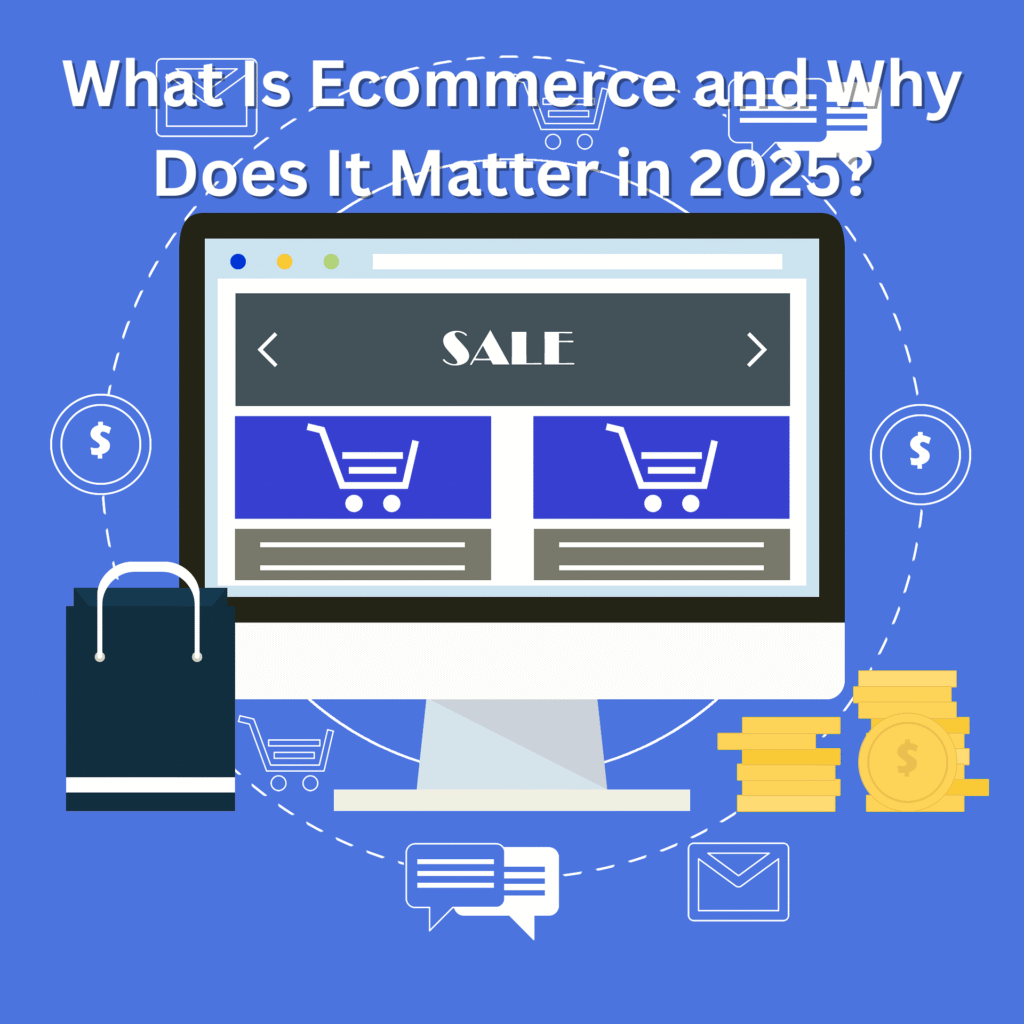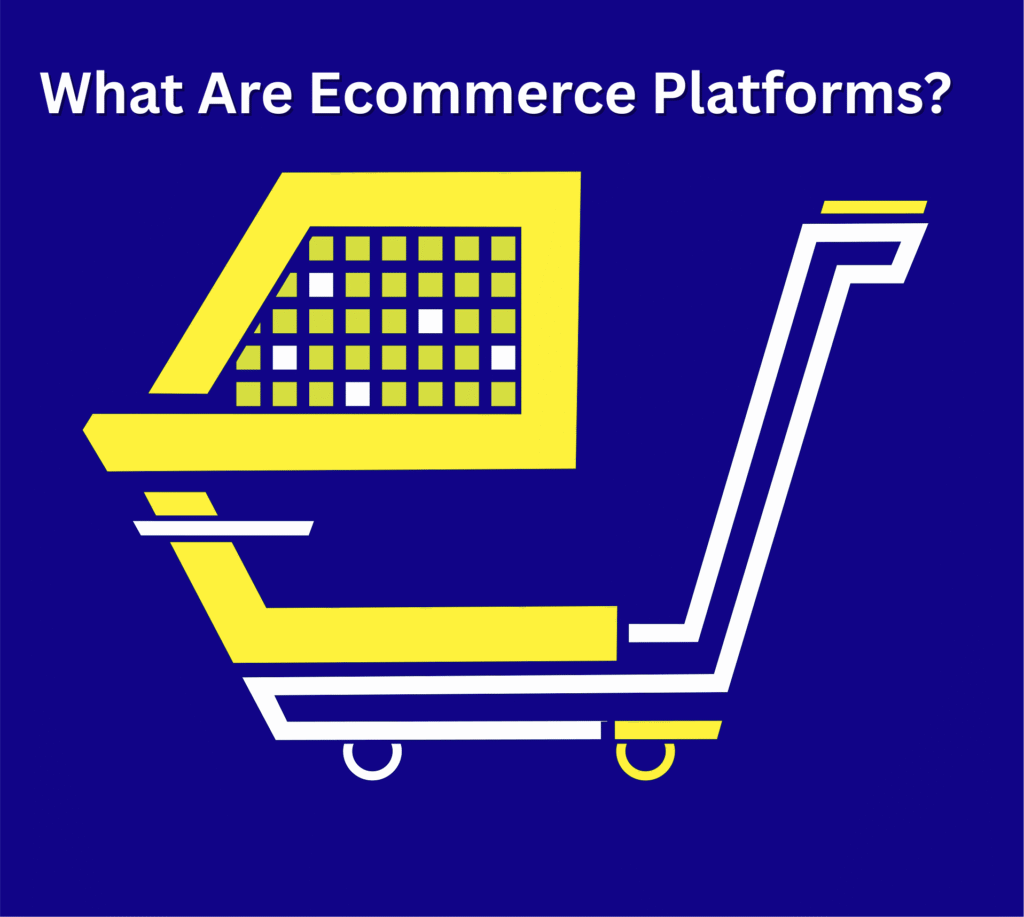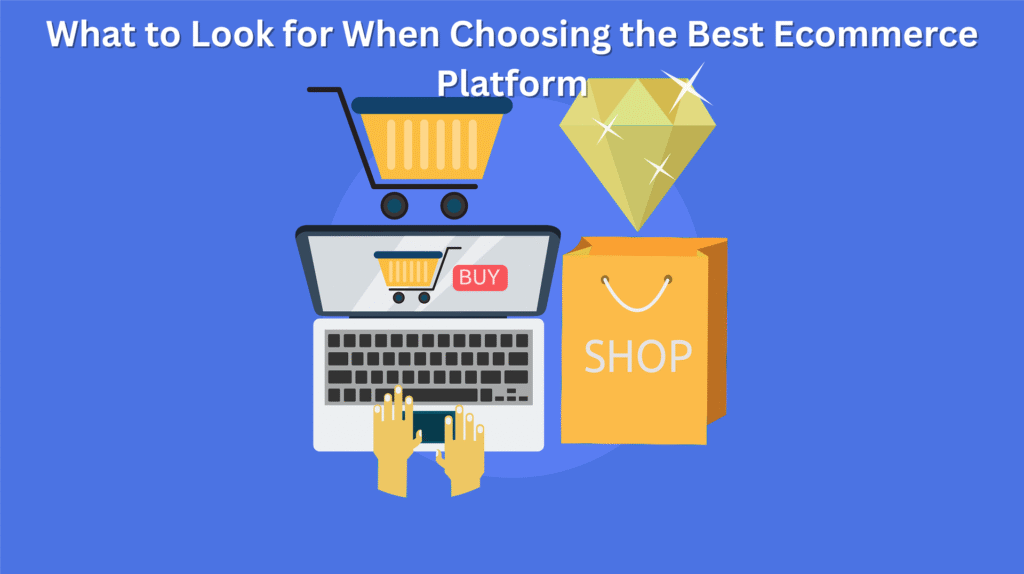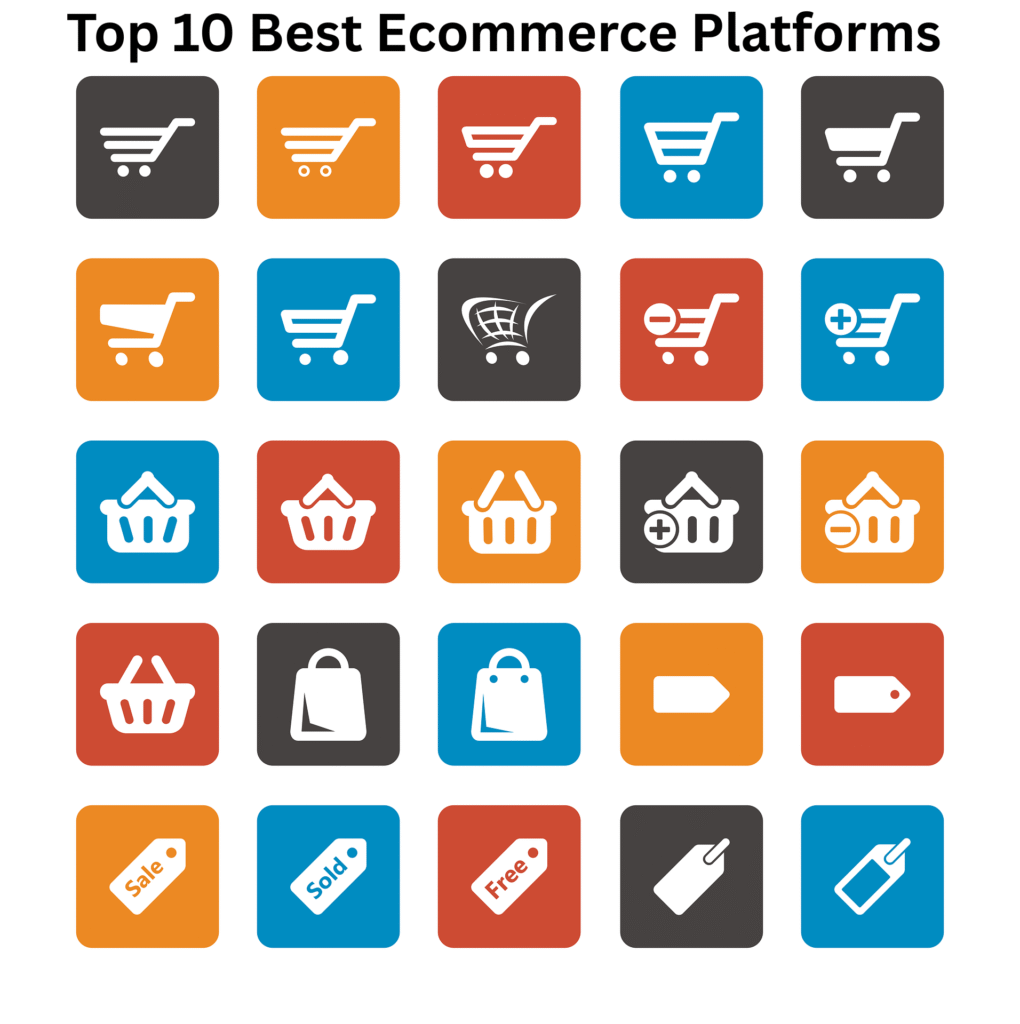Hello, our amazing readers. You are the reason we do what we do. Your curiosity, ambition, and drive to improve your lifestyle and finances inspire us daily. This blog exists to empower you with knowledge, tools, and insights that elevate your life. Whether you’re here to learn, grow, or launch something new, know this: you are the fuel behind every article we write.
Here are some of our popular post: Top 10 best website builders, Best super foods for a healthy lifestyle, the unlimited list of free productivity apps, Best freelance site to find remote jobs, top 10 productivity hacks for entrepreneurs , 10 best side hustles to make extra money online, best online courses for learning digital skills, top 10 best free coding website
In today’s post, we’re tackling a crucial topic for entrepreneurs and digital creators in 2025—the best e-commerce platforms for selling online. With dozens of options on the market, choosing the right one can feel overwhelming. But don’t worry. We’ve researched and tested the top solutions and put together a clear and honest guide to the Top 10 Best Ecommerce Platforms for Online Products in 2025.
Whether you want to sell physical goods, digital downloads, dropshipping items, or subscription services, this article will help you make the right choice.
What Is Ecommerce and Why Does It Matter in 2025?

Ecommerce (electronic commerce) refers to the buying and selling of goods and services online. It has revolutionized how businesses operate, making it possible for anyone—from solo entrepreneurs to global brands—to reach customers worldwide. The journey of e-commerce began in the 1970s with the introduction of Electronic Data Interchange (EDI), which marked the start of digital trade. By 1994, the first secure online purchase was made—a Sting CD bought via NetMarket—proving that digital transactions could be trusted. Just a year later, in 1995, Amazon and eBay entered the scene and forever reshaped online shopping.
The 2000s ushered in greater accessibility with PayPal and the rise of mobile shopping, while the 2010s witnessed the explosion of dropshipping and social commerce, making it easier than ever for individuals to launch stores with minimal upfront investment. By the 2020s, e-commerce had evolved into a powerhouse industry driven by AI personalization, subscription-based models, and vast global online marketplaces.
Now, in 2025, ecommerce is no longer a luxury or an optional tool. It has become the backbone of modern entrepreneurship and one of the fastest, most scalable ways to start, grow, and build a profitable online business.
What Are Ecommerce Platforms?

An ecommerce platform is the engine that powers your online store. It’s the software that allows you to build, manage, and sell products or services online, acting as much more than just a website. Imagine it as your digital storefront combined with a sales assistant, a payment processor, and a shipping manager—all working together seamlessly in one place.
Modern e-commerce platforms offer a variety of features designed to make running an online business efficient and profitable. They come with built-in website builders and customizable templates, giving you the freedom to design a store that matches your brand without needing advanced coding skills. Integrated payment gateways ensure customers can complete transactions smoothly, while mobile optimization guarantees that shoppers on smartphones and tablets enjoy a seamless experience.
Beyond the basics, the best ecommerce platforms provide tools that help you grow. SEO and marketing features drive organic traffic, analytics and customer insights help you understand buyer behavior, and advanced security systems such as SSL certificates and fraud protection keep your business and customers safe.
An ecommerce platform isn’t just a tool—it’s the foundation of your digital business, empowering you to create, scale, and succeed in today’s competitive online marketplace.
What to Look for When Choosing the Best Ecommerce Platform

Not all ecommerce platforms are created equal, and picking the wrong one can stall your growth before you even begin. The best ecommerce platforms in 2025 balance ease of use, powerful features, and affordability. To help you make the right choice, here are the top factors to consider when evaluating your options:
1. Ease of Use
If you’re a beginner, the last thing you want is a steep learning curve. The best ecommerce platforms provide drag-and-drop builders, intuitive dashboards, and clear instructions that allow you to set up a store in hours—not weeks. User-friendliness saves time and keeps frustration low, especially when you’re just starting.
2. Customization
Your online store should reflect your brand identity. A good platform offers flexible templates and design options so you can create a storefront that looks unique and professional. From fonts and color schemes to product page layouts, customization freedom ensures your store doesn’t look like everyone else’s.
3. Scalability
As your business grows, your platform should grow with you. Whether you’re starting with 10 products or planning for thousands, scalability is key. The best ecommerce platforms let you upgrade plans, add features, and expand into new markets without needing to start over.
4. Payment Options
Customers expect multiple ways to pay. A reliable platform integrates with various payment gateways like PayPal, Stripe, and credit cards, and even supports global payment methods. Offering flexible payment options increases conversions and helps you serve international buyers.
5. SEO and Marketing Tools
Having a beautiful store is useless if no one finds it. The best ecommerce platforms come with built-in SEO tools that help your products rank on Google, plus marketing features like email campaigns, discount codes, and social media integrations. These tools are essential for driving traffic and increasing sales.
6. Mobile Optimization
In 2025, mobile commerce dominates. A mobile-responsive store is non-negotiable. Platforms that automatically optimize your site for smartphones and tablets ensure a smooth shopping experience, no matter what device your customers use.
7. Security
Trust is everything in e-commerce. Look for platforms with SSL certificates, data encryption, PCI compliance, and fraud protection. Security features protect your customers’ sensitive information and safeguard your reputation as a reliable online seller.
8. Customer Support
Even the best ecommerce platforms come with a learning curve. That’s why strong customer support is vital. A good platform should offer 24/7 live chat, email support, tutorials, and a knowledge base to help you solve issues quickly and keep your business running smoothly.
9. Pricing
Budget plays a huge role when choosing a platform. Transparent pricing—without hidden transaction fees—is crucial. Compare plans carefully to ensure you’re getting value for money and investing in a platform that matches your growth stage.
10. Community and Reviews
Lastly, always consider what other users are saying. Active user communities, online forums, and reviews provide real-world insights into a platform’s strengths and weaknesses. Learning from other entrepreneurs’ experiences can help you avoid costly mistakes.
Top 10 Best Ecommerce Platforms for Online Products in 2025

To save you hours of endless search for which ecommerce platform to start with, we have carefully put together this curated list of the best ecommerce platforms this year, with pros, cons, pricing, and ideal use cases.
#1. Shopify
The Shopify ecommerce platform has consistently ranked among the best choices for online entrepreneurs, and in 2025, it continues to dominate the market. Known for its beginner-friendly interface, Shopify makes it incredibly easy to set up a professional-looking online store without needing any technical skills. From customizable themes to a vast app ecosystem, the platform provides everything you need to launch, grow, and scale your business, whether you’re a solo entrepreneur or a large brand managing thousands of products.
One of Shopify’s biggest strengths is scalability. As your store grows, you can add apps and features to enhance your operations, from advanced marketing tools to powerful inventory management systems. However, it’s worth noting that Shopify charges transaction fees unless you use Shopify Payments, which can be a downside for some sellers.
In terms of pricing, Shopify plans start at $39 per month, making it accessible for beginners while still offering advanced capabilities for larger businesses. User reviews consistently praise Shopify for its ease of use, reliability, and excellent customer support. Whether you’re new to ecommerce or running an established brand, Shopify remains one of the most versatile and trusted platforms available in 2025.
#2. BigCommerce
The BigCommerce ecommerce platform is one of the most powerful solutions for businesses looking to scale without hitting growth limits. Unlike some platforms, BigCommerce does not charge transaction fees, which is a huge advantage for sellers processing a high volume of sales. Its built-in SEO tools and flexible integrations make it especially appealing for businesses that want to optimize visibility on search engines and expand into multiple sales channels, including marketplaces like Amazon and eBay.
While BigCommerce offers excellent scalability, some beginners find the platform slightly more complex than Shopify. That said, the learning curve pays off in flexibility, especially for mid-sized businesses and enterprises. Pricing starts at $29 per month, making it competitive with other top ecommerce platforms. User reviews often highlight BigCommerce’s performance, scalability, and robust feature set, though smaller sellers may find it overwhelming if they’re just getting started.
#3. WooCommerce
The WooCommerce ecommerce platform is a favorite among entrepreneurs who love flexibility and control. As a free WordPress plugin, WooCommerce transforms a standard website into a fully functional online store. It’s highly customizable, offering endless options for themes, plugins, and integrations. For bloggers, content creators, or businesses already using WordPress, WooCommerce is a natural choice.
However, while WooCommerce itself is free, you’ll need to cover hosting, domain, and potential plugin costs. This makes it ideal for those who don’t mind a bit of technical setup or who want the ability to fine-tune every aspect of their store. Pricing ultimately depends on your hosting provider, but many sellers find it cost-effective compared to SaaS platforms. User reviews consistently praise WooCommerce for flexibility and control, but some note the need for ongoing maintenance as a challenge.
#4. Wix Ecommerce
The Wix ecommerce platform stands out for its sleek, drag-and-drop builder, making it one of the easiest platforms for beginners and creatives. With stylish templates and a simple interface, Wix allows users to design a visually appealing store quickly. Its affordability makes it a strong contender for small businesses, solo entrepreneurs, and creatives who want to focus on aesthetics.
On the downside, Wix is not as scalable as Shopify or BigCommerce, so larger stores may find limitations in handling high volumes of sales. Pricing starts at $27 per month, which is reasonable for startups looking for simplicity and design. User reviews often highlight Wix’s beautiful templates and beginner-friendly tools, although advanced sellers sometimes wish for more powerful features.
#5. Squarespace
The Squarespace ecommerce platform is best known for its beautiful, design-forward templates. Creative professionals like artists, designers, and photographers often gravitate toward Squarespace because it allows them to showcase their products in a visually stunning way. The platform also offers built-in blogging and portfolio features, making it a great option for those blending content with commerce.
While Squarespace is elegant, it lacks some of the advanced ecommerce features that more robust platforms provide. This makes it better suited for small businesses or personal brands rather than large-scale operations. Pricing starts at $23 per month, making it one of the more affordable options. User reviews frequently praise its aesthetics and simplicity, though some note limitations in scaling.
#6. Magento (Adobe Commerce)
The Magento ecommerce platform, now known as Adobe Commerce, is a powerhouse designed for enterprise-level businesses. With unmatched customization capabilities, Magento allows developers to build highly tailored online stores with advanced features. It’s a perfect fit for large companies that require complex product catalogs, global operations, and integration with advanced business systems.
However, Magento is not beginner-friendly. It requires technical expertise and hosting, which can make setup costly and complex. Pricing is custom and varies depending on business size and requirements. Despite this, user reviews emphasize Magento’s incredible power and flexibility, while also acknowledging its steep learning curve. For big businesses with the right resources, Magento is one of the most robust ecommerce platforms in 2025.
#7. Salesforce Commerce Cloud
The Salesforce Commerce Cloud is a high-end ecommerce platform built for large retailers and global brands. Powered by Salesforce’s advanced CRM and AI technology, it offers personalized shopping experiences, omnichannel capabilities, and deep data insights. This makes it an excellent option for enterprise-level operations that want to deliver seamless customer journeys across multiple channels.
That said, Salesforce Commerce Cloud comes with a premium price tag and a more complex setup process, which may put it out of reach for small businesses. Pricing is custom and usually tailored for large organizations. User reviews consistently highlight its advanced features, especially AI-driven personalization and scalability, but note that it’s best suited for businesses with significant budgets.
#9. Weebly
The Weebly ecommerce platform, powered by Square, remains a solid option for hobbyists, small shops, and budget-conscious sellers. Its simple interface and low pricing make it a great starting point for those testing the waters of ecommerce. Weebly integrates seamlessly with Square’s payment system, making transactions easy for small-scale sellers.
However, Weebly’s features are limited compared to modern giants like Shopify and WooCommerce. It’s not ideal for those looking to scale into larger operations. Pricing starts at around $10 per month, keeping it one of the most affordable platforms. User reviews often praise its simplicity and low cost, but note that it’s best for basic online stores rather than ambitious ecommerce ventures.
#10. Ecwid
The Ecwid ecommerce platform is unique in that it allows sellers to add ecommerce functionality to existing websites. Whether you’re running a blog, a business site, or even a portfolio, Ecwid can turn it into a fully functional store. It’s flexible and easy to use, making it a great option for content creators and small businesses who don’t want to rebuild their entire website from scratch.
The downside is that Ecwid has limited customization compared to full-fledged ecommerce platforms. Still, it’s a cost-effective option, with pricing ranging from free plans to just $15 per month for more advanced features. User reviews praise its convenience and flexibility, though larger businesses may outgrow its limitations.
Conclusion: Top 10 Best Ecommerce Platforms for Online Products in 2025
Ecommerce is your ticket to launching your products online and global reach. Whether you’re a beginner launching your first digital product, a small business scaling up, or an enterprise handling thousands of orders, the right platform can determine your success.
Here are some of our popular post: Top 10 best website builders, Best super foods for a healthy lifestyle, the unlimited list of free productivity apps, Best freelance site to find remote jobs, top 10 productivity hacks for entrepreneurs , 10 best side hustles to make extra money online, best online courses for learning digital skills, top 10 best free coding website
Platforms like Shopify and BigCommerce dominate with scalability, WooCommerce shines for customization, while Squarespace and Wix lead for creatives. For enterprises, Magento and Salesforce Commerce Cloud are top picks.
The best ecommerce platform in 2025 is the one that matches your goals, skills, and resources. Take your time, compare, and start building the online store that aligns with your vision.
We post content daily to help you grow your digital business, lifestyle, and income. Bookmark this blog, and join a community that’s shaping the future of online entrepreneurship.


